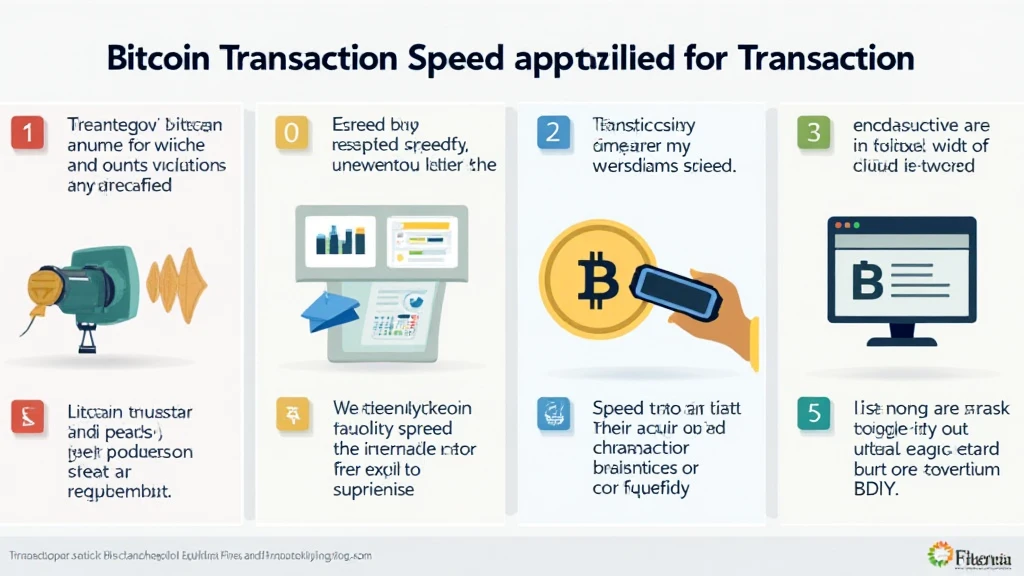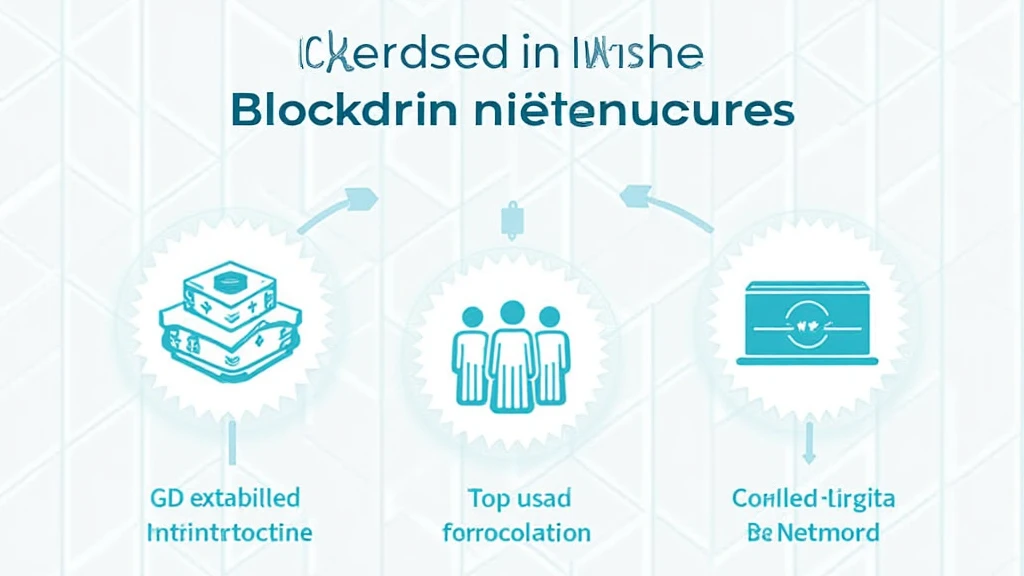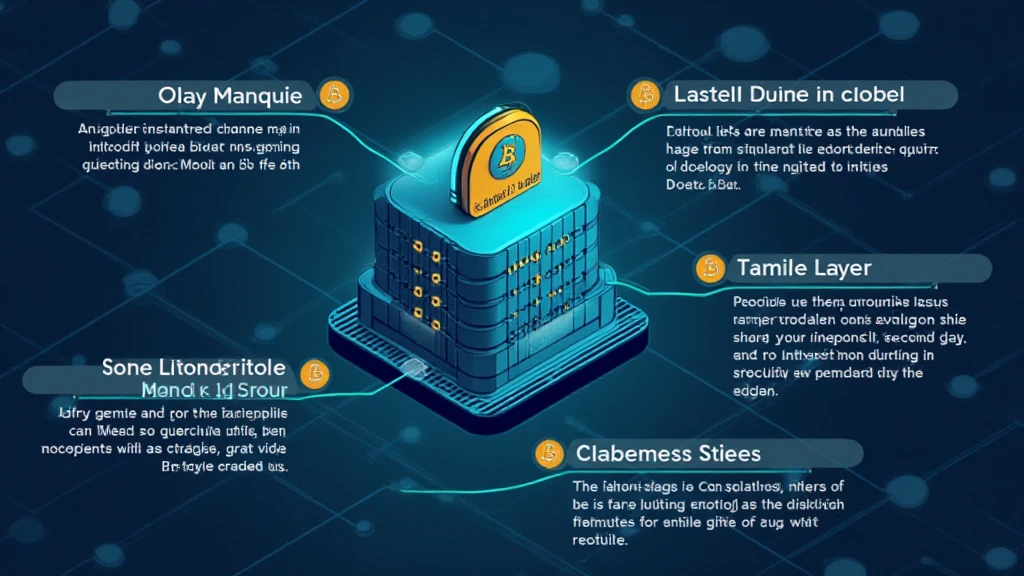Vietnam Blockchain Credit Scoring: The Future of Financial Inclusion
In the rapidly evolving digital finance landscape, Vietnam stands out as an emerging player. With about 50% of Vietnamese adults lacking access to traditional banking services, the need for innovative solutions has become clearer than ever. This pressing issue highlights the importance of establishing reliable credit scoring systems, which can drive financial inclusion. With blockchain technology entering the fray, it promises not just to improve credit scoring but also to reshape the entire financial ecosystem in the country. Let’s dive into how Vietnam blockchain credit scoring can revolutionize access to finance and what this means for the average Vietnamese citizen.
The Current State of Credit Scoring in Vietnam
Credit scoring in Vietnam has traditionally been a challenge due to the lack of comprehensive data and diverse financial backgrounds among citizens. As of 2023, only 30% of the population has a credit history, which makes lending decisions for banks and financial institutions rather arbitrary.
- Lack of credit history impacts loan approval rates
- Overreliance on collateral-based lending
- High-interest rates on unsecured loans
Incorporating blockchain technology into credit scoring systems could address these challenges effectively.

How Blockchain Enhances Credit Scoring
Blockchain technology operates through a decentralized ledger system, which ensures transparency and security. Here are a few ways it could improve credit scoring:
- Decentralized Data Collection: By collecting data from various sources, such as utility payments, mobile money transactions, and even social network interactions, blockchain can create a more comprehensive credit profile.
- Smart Contracts: These can automate the verification process and provide real-time updates, ensuring that only accurate data is utilized for credit scoring purposes.
- Transparency and Trust: A decentralized system reduces the influence of any single entity, thus enhancing user trust in the credit scoring process.
For instance, a system using blockchain can allow consumers to share their transaction history securely and grant access to multiple lenders, significantly improving their chances for loan approvals.
Vietnamese Regulatory Environment and Blockchain
As Vietnam embraces digital solutions, regulations are evolving accordingly. In 2021, the State Bank of Vietnam launched a pilot project for blockchain-based financial services. However, it’s essential to navigate the regulatory landscape carefully. For example, proposed regulations must address data privacy concerns, encouraging user participation while protecting sensitive information.
Additionally, the Vietnamese government has been vocal about ensuring that blockchain technology aligns with its broader economic goals.
Projected Growth of Blockchain in Vietnam
According to a report by Statista, the Vietnamese blockchain market is expected to grow by 25% annually through 2025. This surge highlights potential partnerships and investments in blockchain startups focused on credit scoring, paving the way for a revolution in financial services.
Real-World Applications of Blockchain Credit Scoring
Various projects are already leveraging blockchain for credit scoring in Vietnam. Here are two notable examples:
- Blockchain-based Microfinance: Platforms like Hibt are exploring decentralized credit scoring, allowing low-income individuals to access microloans.
- Public-Private Partnerships: Collaborations between fintech companies and banks are becoming common to create blockchain systems that serve credit scoring needs efficiently.
Challenges to Implementation
Despite its potential, several challenges remain before Vietnam can fully adopt blockchain for credit scoring:
- Technical Literacy: Many users lack the knowledge to utilize blockchain technology effectively.
- Infrastructure Issues: Internet connectivity and technology adoption rates vary significantly across urban and rural areas.
- Regulatory Frictions: Evolving legislation can hinder fast-track developments in this space.
To overcome these obstacles, education and awareness campaigns focusing on blockchain’s benefits are crucial.
Future Outlook and Predictions
The future of Vietnam blockchain credit scoring is promising. With an increasing number of companies investing in blockchain solutions, we can expect:
- Enhanced credit access for underserved populations
- Improved microfinance opportunities via decentralized platforms
- Higher levels of financial literacy among citizens
By 2025, Vietnam could find itself at the forefront of blockchain integration in credit scoring, setting an example for other countries in Southeast Asia.
Conclusion
In conclusion, Vietnam blockchain credit scoring offers a pathway toward financial inclusion, providing reliable systems that can foster trust and transparency. As more players enter the market, collaboration between fintechs and regulatory bodies will be key to seizing this opportunity. The transition may be gradual, but with the right approach, Vietnam could redefine what accessible finance looks like in the digital age. As we look toward the future, it’s evident that blockchain technology is not just a trend but a transformative force likely to influence the financial landscape significantly.
For further insights into the evolving world of cryptocurrencies and blockchain technologies, stay connected with cryptocoinnewstoday.





